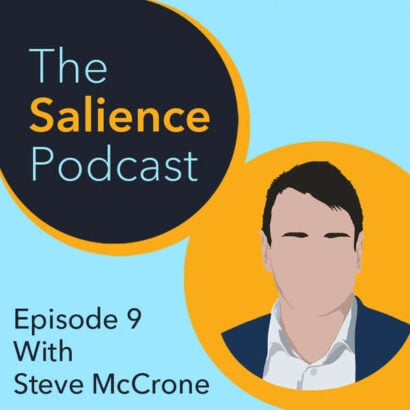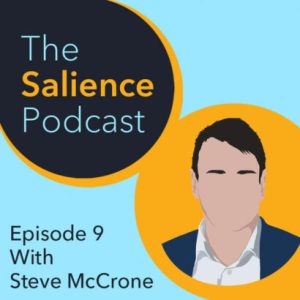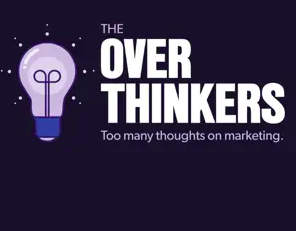
AGLX’s MD Steven McCrone was recently interviewed on The Salience Podcast, a podcast which takes a “dive into the frontiers of advanced human performance.”
Apple Podcasts: https://lnkd.in/gKDe52bT
Spotify: https://lnkd.in/gSTHK47h
You can listen to the full interview or read a brief extract below:
Building Organisational Resilience
Steven talks about his own personal journey – including his upbringing in Invercargill; his love of the outdoors and his time in the NZ Army. His initial plan was to keep learning, to have skills he could use post-military and to have fun. These experiences and the drive to have fun every day are what brought Steven to his role as MD at AGLX today.
Organisational Resilience
“No plan survives the first contact with the enemy”
During his time as a bomb disposal expert, most of the time the plan that had been developed on paper worked out, but Steven says they spent most of their time training for the one time something unexpected happened. They used to rehearse what different unexpected scenarios might be and to learn how each person responded. In this way they were able to confront unexpected situations and still be successful.
Most organisations are only as resilient as their individual people are resilient. Steven talks about how using an Adaptive Strategy can help train organisations to be adaptive to changing conditions in a safe and effective way.
Adaptive Capacity
‘Adaptive Capacity’ is a critical element of resilience.
He describes this as the ability to change and modify your approach. The ‘capacity’ is about having the resources, energy and mental capacity to enact the change.
Learning from Failure
Steven’s favourite interview question is:
“What have you learned from a time you have failed?”
Learning can come from successes, or failures – failures just hurt more and so tend to have more learning associated with them. It is not about the failure per se, it’s the learning that is important.
Organisations get things wrong and right all the time – but they are often busy and move on to the next thing, without any learning
- What did people do?
- What decisions did they make?
- What processes did they follow?
- What tools and equipment did they use?
- How do they normally do this?
Learning can come even from successes:
- What could we have done?
- What were the decisions we could have taken?
- How did we use the resources?
- What could we repeat?
- What was situational which we can’t repeat?
AGLX helps organisations to have ‘safe to fail’ experiments which increase adaptive capacity through a series of small mistakes and errors, rather than exposing organisations to catastrophic big failure.
In training and learning environments you can have fun, but in high-consequence environments you need to be ‘deadly serious’ – adapting your state according to the situation.
Saying “No”
Steven explains that is it important to understand the context of strategy and what is important to an organisation.
A common challenge is that people are often too busy, or even overwhelmed with their work. AGLX uses a number or tools to help leaders to identify what is mission critical to success and what can be pushed out into the future, or said “no” to.
Traditional strategic planning methodologies are very poor at helping this.
Having a set of filters to say NO to tasks frees up space and capacity for people to say YES to the right things. It provides a context for the ‘no’ – “because I am focusing here…” and allows people to spend time and effort on actions that move an organisation towards ‘success.’
Do You Want to Transition to an Adaptive Strategy Approach?
Most leaders understand well that the world is complex, but don’t always understand how to make the transition away from linear thinking.
If that sounds like you, then we would love to talk.
AGLX is at the leading-edge globally in helping organisations transition. We help leaders get better at dealing with complex issues.
We are an adaptive strategy consultancy that allows organisations to be confident in complexity & turn uncertainty into a competitive advantage.
Get in touch with us for a confidential discussion about how we can help you.





